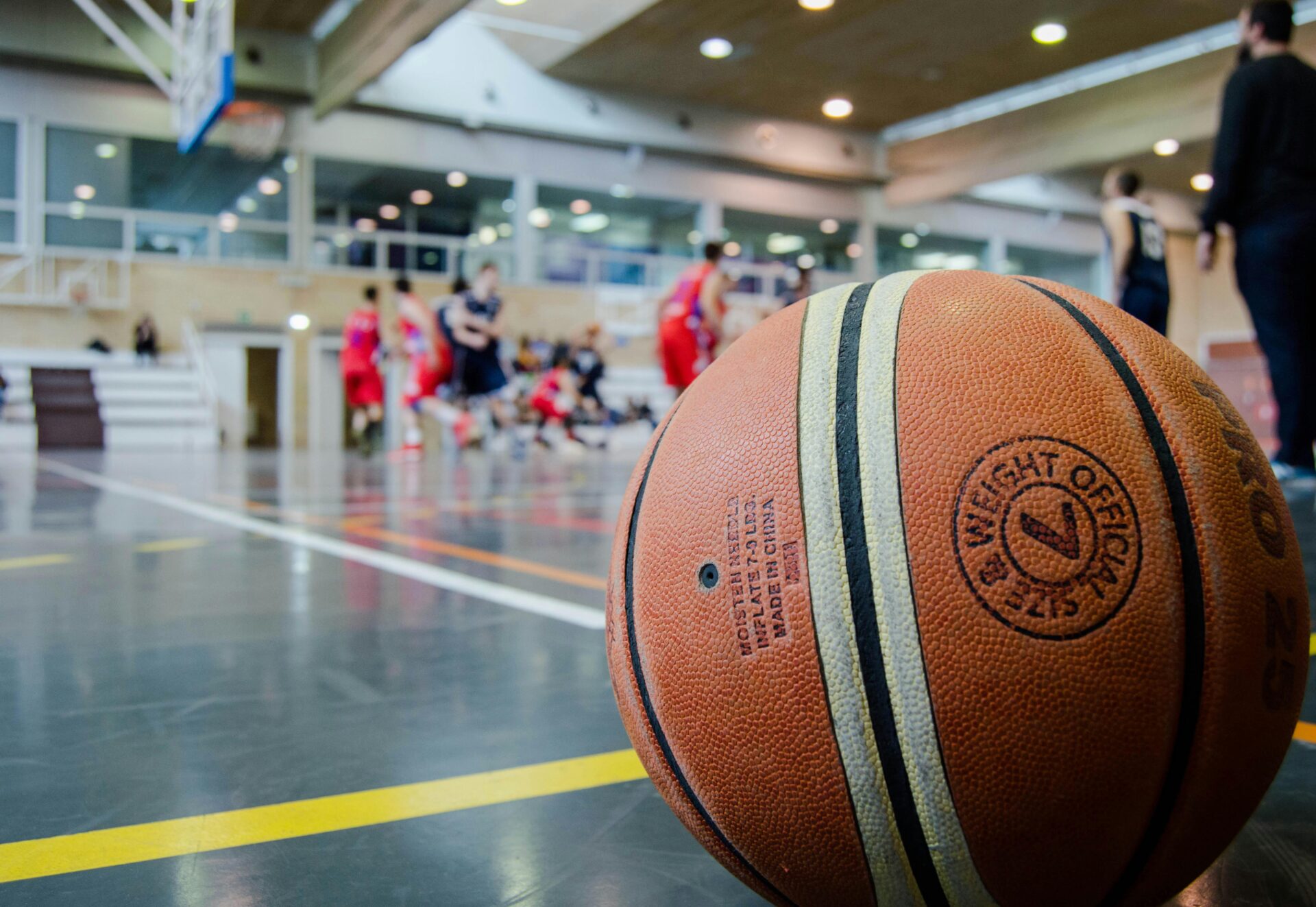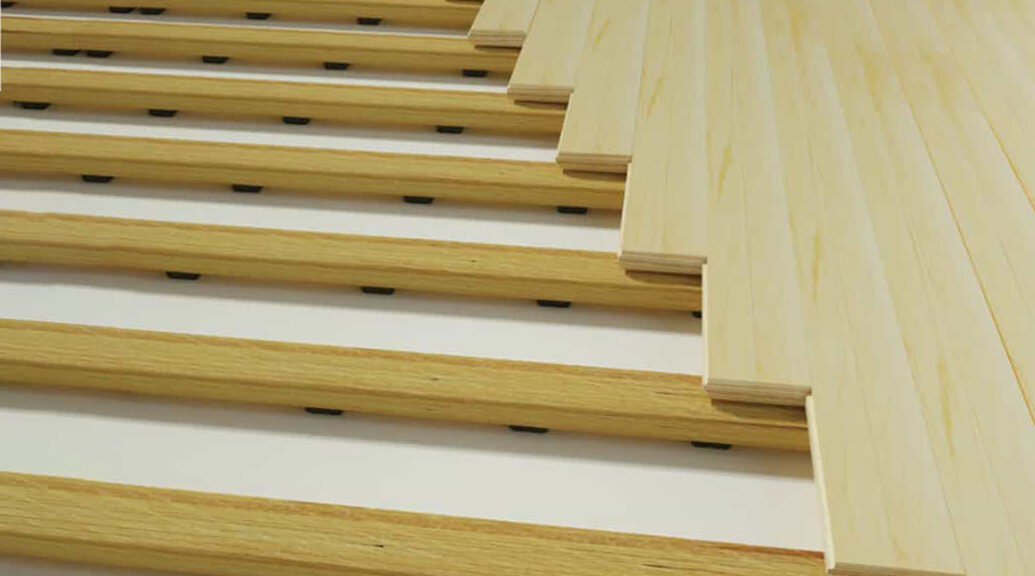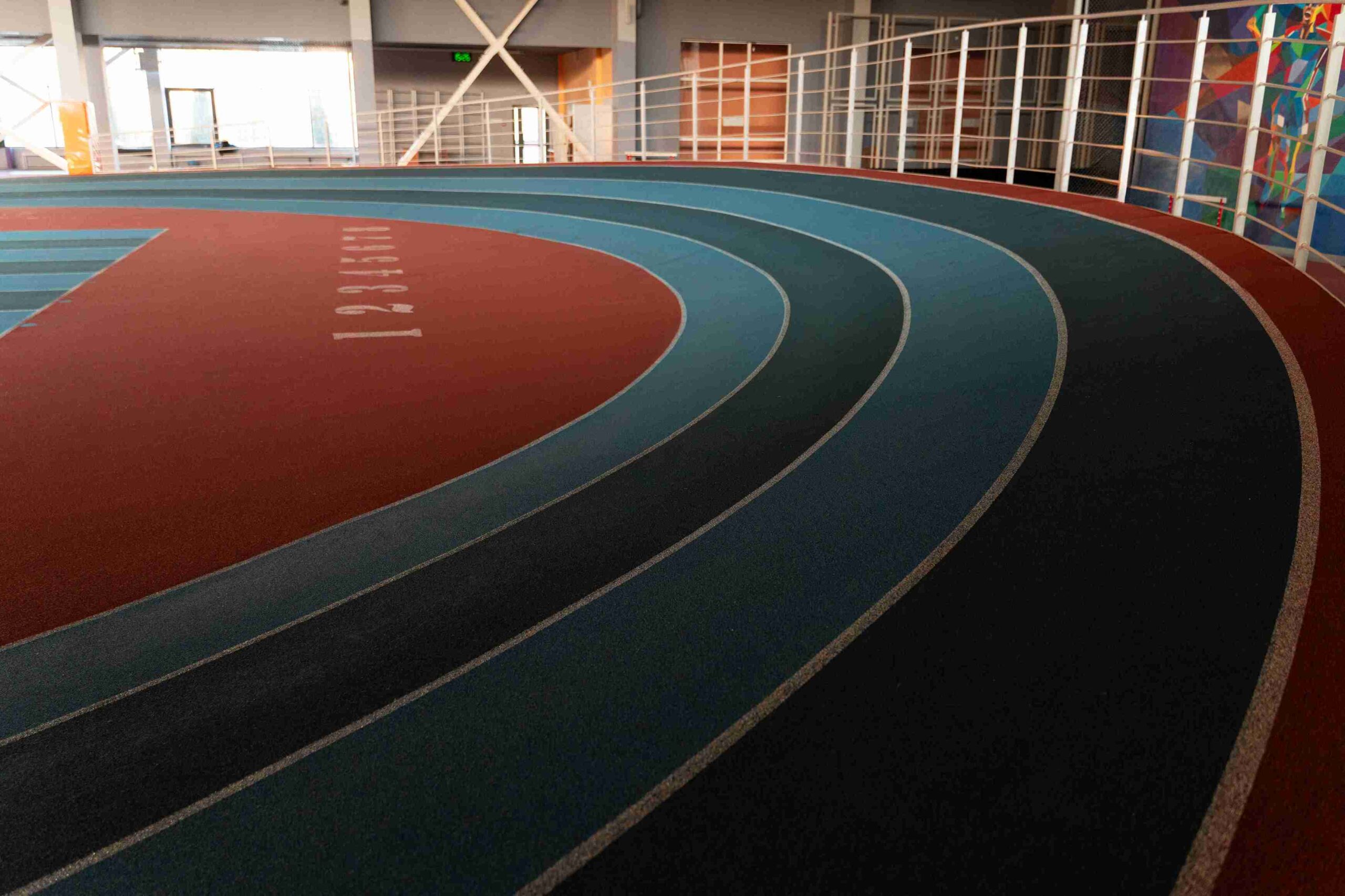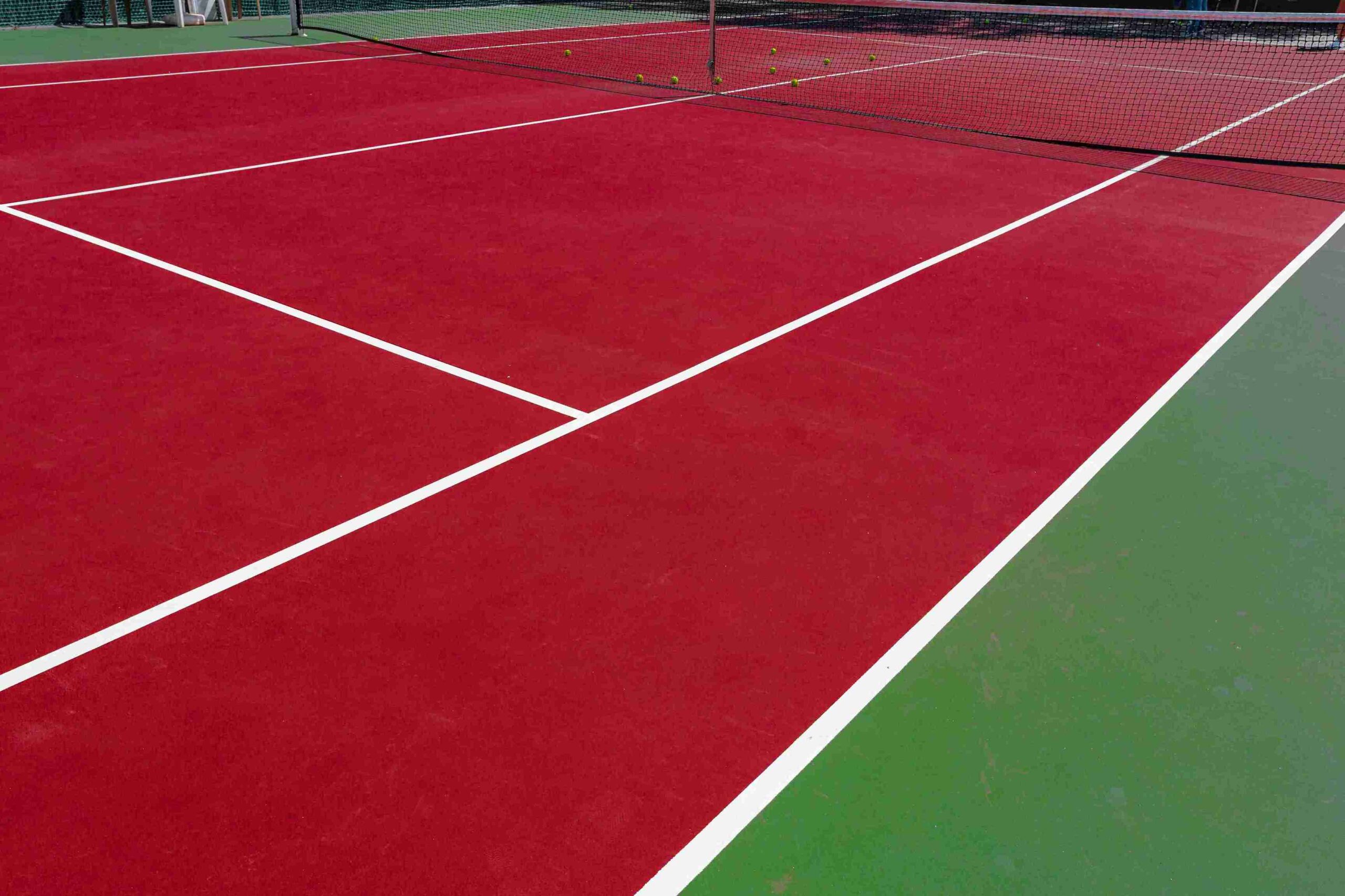Basketball courts demand high-performing flooring that can endure years of use while supporting athletes’ performance and minimizing injuries. For decades, hardwood has been the gold standard for premium basketball court flooring, thanks to its exceptional durability, aesthetics, and playability.
This guide dives into everything you need to know about hardwood basketball floors, whether for professional arenas, school gyms, or outdoor courts equipped with innovative solutions. From an in-depth look at flooring types to maintenance and cutting-edge trends in 2025, this blog provides expert insights and actionable advice for buyers.
Types of Hardwood Flooring for Basketball Courts
Selecting the right hardwood material is the foundation of building a dependable sports floor. Here are the most popular hardwood options and their unique benefits for basketball courts:
1. Maple Hardwood Floors
- Why It’s Popular: Maple is the industry standard for basketball flooring, used in professional-grade courts, including NBA arenas. Its hardness and resilience provide excellent shock absorption and resistance to wear.
- Key Attributes:
- Light-colored wood with a natural aesthetic
- Closed grain structure for a smooth finish
- High Janka hardness rating for durability
2. Oak Hardwood Floors
- Why Choose Oak:
- An alternative to maple, oak provides toughness but with a bolder, darker appearance.
- Key Attributes:
- Highly durable and resistant to scuffs
- Open grain structure adds friction underfoot
- Historically preferred for multipurpose gym floors
3. Synthetic Hardwood for Outdoor Basketball Courts
For areas where weather exposure is a concern, synthetic hardwood floors like VMKON’s biomass portable sport wooden systems mimic true hardwood while standing up to outdoor elements like rain and UV radiation.
Factors to Consider When Choosing a Hardwood Basketball Floor
Selecting the ideal basketball court floor involves assessing technical specifications. Here are key factors to prioritize:
1. Durability and Longevity
Look for hardwood floors that can withstand high-impact activities and heavy foot traffic. Maple hardwood, for instance, ensures decades of use with proper care.
2. Shock Absorption
Shock absorption protects players from injuries by reducing joint stress. Floors compliant with DIN 18032-2 standards ensure consistent energy return and player safety.
3. Maintenance Requirements
Consider whether the floor’s finish allows for easy maintenance. Pre-finished and sealed surfaces make cleaning faster and prevent premature wear.
4. Customization and Branding
Many high-quality hardwood basketball floors offer customization options, including adding team logos, custom colors, and unique finishes.
5. Sustainability
Eco-conscious buyers should opt for sustainable choices, such as VMKON’s biomass sport wooden floors, made with renewable materials and low VOC emissions.
Installation and Maintenance Tips
Proper installation and maintenance maximize the performance and longevity of hardwood basketball floors.
Installation Process
- Subfloor Preparation
Ensure the surface is level, clean, and moisture-protected before installation. A vapor barrier is essential for protecting wood from dampness.
- Precision Installation
Floating wood floors or tongue-and-groove planks are commonly used for hardwood basketball courts. Precision is key to ensuring a seamless surface.
- Finishing Options
Apply polyurethane finishes for durability and gloss or matte appearances, depending on your aesthetic preferences.
Maintenance Best Practices
- Daily Cleaning:
- Use microfiber mops to remove dust and debris. Avoid abrasive cleaners.
- Seasonal Resurfacing:
- Recoat annually to preserve the protective layer and maintain the floor’s sheen.
- Repair Scratches Immediately:
- Address minor surface damage before it penetrates deeper layers.
Cost Analysis and Budget Planning
Understanding pricing is a crucial step when planning for hardwood basketball floors. Here’s a breakdown of cost factors and estimates:
1. Hardwood Material Costs
- Maple hardwood flooring averages between $8 and $14 per square foot for materials.
- Synthetic hardwood options, like VMKON Rapid Interlocking Floors, can reduce initial costs while offering high durability.
2. Installation Fees
Professional installation costs typically fall between $4 and $8 per square foot, depending on court size and complexity.
3. Maintenance Budget
Allocate annual maintenance expenses, approximately 10% of the material cost, to cover resurfacing and cleaning products.
4. Long-Term Savings
Sustainable, high-performance floors, like VMKON’s biomass sport systems, minimize replacements and reduce environmental impact, making them a cost-effective choice over time.
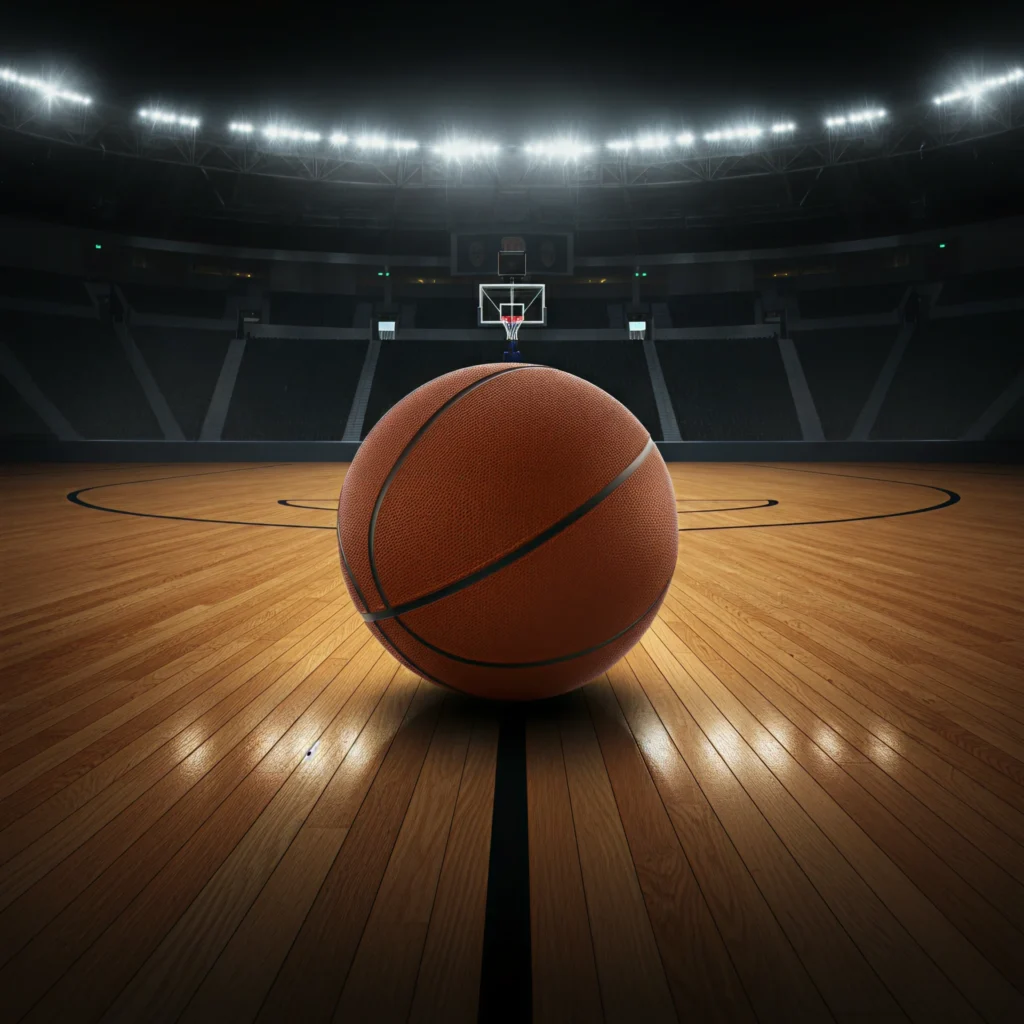

Trends and Innovations in Basketball Flooring for 2025
1. Biomass and Eco-Friendly Materials
Sustainability is a significant focus in 2025, with innovative floors like VMKON’s biomass sport wooden floor offering an eco-friendly yet high-performing solution.
2. Mobile Court Flooring Systems
Rapid installation and dismantling systems, such as VMKON’s modular court tiles, allow venues to quickly transform spaces and reduce downtime.
3. AI-Integrated Maintenance Systems
Smart maintenance tools equipped with AI-powered sensors are making it easier to monitor wear and predict when resurfacing or repairs are necessary.
4. Outdoor-Specific Solutions
Weather-resistant synthetic hardwood designs combine durability with aesthetics, perfect for outdoor courts in public recreation centers or schools.
Future-Proof Your Basketball Flooring Today
Investing in a hardwood basketball floor signifies a long-term commitment to quality, safety, and performance. By understanding your options, weighing key features, and staying ahead of trends, you can choose a solution like VMKON sport floors that meet the demands of today and tomorrow.
Ready to take the next step? Contact us today to consult with a basketball flooring expert and discover the best solution for your court.
FAQs
What is the lifespan of a hardwood basketball floor?
With proper maintenance, hardwood basketball floors such as maple can last up to 30 years. Periodic resurfacing adds to their longevity.
Is synthetic hardwood suitable for professional courts?
Synthetic hardwood is ideal for outdoor courts or multipurpose venues but lacks the exact playability standards required for professional indoor courts.
Can I refinish my basketball court on my own?
While minor maintenance can be DIY, professional refinishing and resurfacing are recommended to maintain compliance with safety and performance standards.

